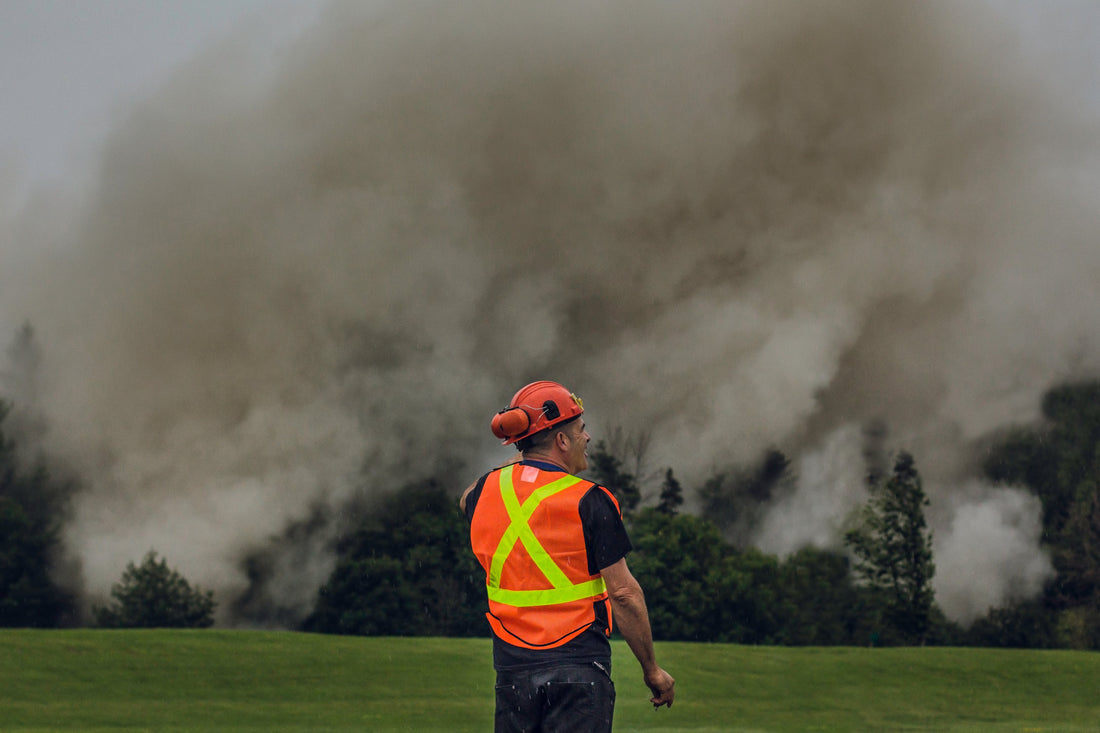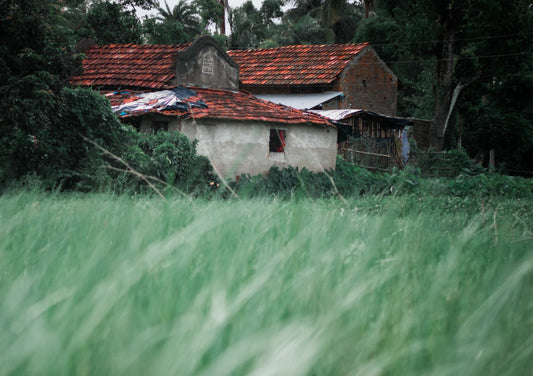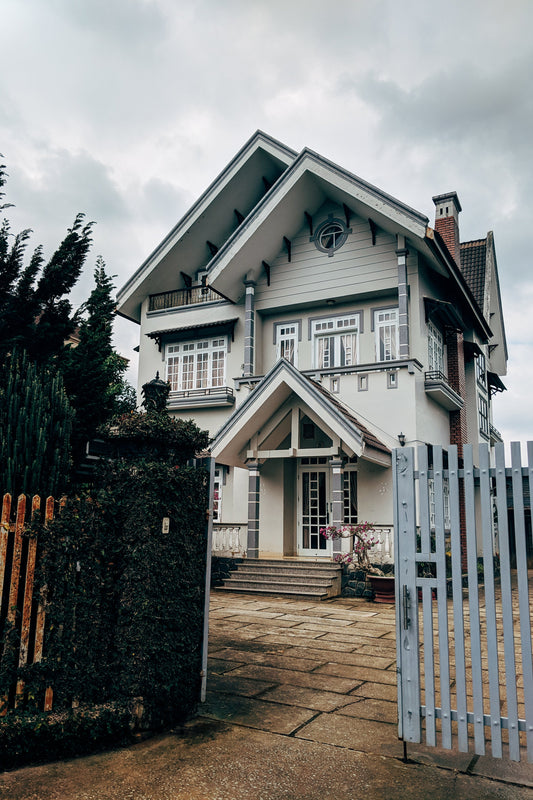Dealing with Storm and Fire Damage to Your Home
Experiencing storm or fire damage to your home can be devastating and overwhelming. Whether it's the aftermath of a powerful storm or the destruction caused by a fire, knowing how to respond and recover is crucial. Here are some essential steps and tips to help you navigate this challenging situation.
1. Prioritize Safety
Safety first: After a storm or fire, ensure that you and your family are safe. Avoid entering the property until it's declared safe by authorities. Be cautious of hazards like downed power lines, broken glass, exposed nails, and unstable structures.
2. Assess and Document the Damage
Inspect carefully: Once it's safe, assess the damage to your home. Take detailed photos and videos of both the interior and exterior damage. This documentation will be crucial for insurance claims.
Common storm damage: Look for roof damage, broken windows, damaged siding, and flooding. Storms can also cause electrical shorts, leading to fires.
Common fire damage: Fires can cause extensive damage to the structure, electrical systems, and personal belongings. Smoke and water used to extinguish the fire can also cause additional damage.
3. Contact Your Insurance Company
File a claim: Notify your insurance company as soon as possible. Provide them with the documentation of the damage and follow their instructions for filing a claim. Be prepared to provide detailed information about the extent of the damage.
Understand your policy: Review your insurance policy to understand what is covered. Some policies may cover temporary housing, repairs, and replacement of personal belongings.
4. Mitigate Further Damage
Temporary repairs: Take steps to prevent further damage to your home. This might include covering broken windows, tarping a damaged roof, or shutting off utilities. Keep receipts for any expenses incurred, as they may be reimbursable.
5. Seek Professional Help
Restoration services: Consider hiring professional restoration services to handle the cleanup and repairs. They have the expertise and equipment to safely and effectively restore your home.
Legal advice: If the damage is extensive or if you encounter issues with your insurance claim, consulting with a legal professional can be beneficial. They can help you understand your rights and options.
6. Plan for the Future
Emergency preparedness: Use this experience as an opportunity to improve your emergency preparedness. Create or update your emergency plan, ensure you have adequate insurance coverage, and take steps to protect your home from future damage.
Community support: Reach out to local community organizations and support groups. They can provide resources and assistance during the recovery process.
Conclusion
Dealing with storm and fire damage to your home is undoubtedly challenging, but taking prompt and informed actions can help you recover more quickly. Prioritize safety, document the damage, work closely with your insurance company, and seek professional help when needed. By planning for the future, you can better protect your home and family from similar events.
CALL US AND TALK WITH A CUSTOMER REPRESENTATIVE
TODAY!: (419) 779-3990
OR SIMPLY FILL OUT THE FORM BELOW 📩





